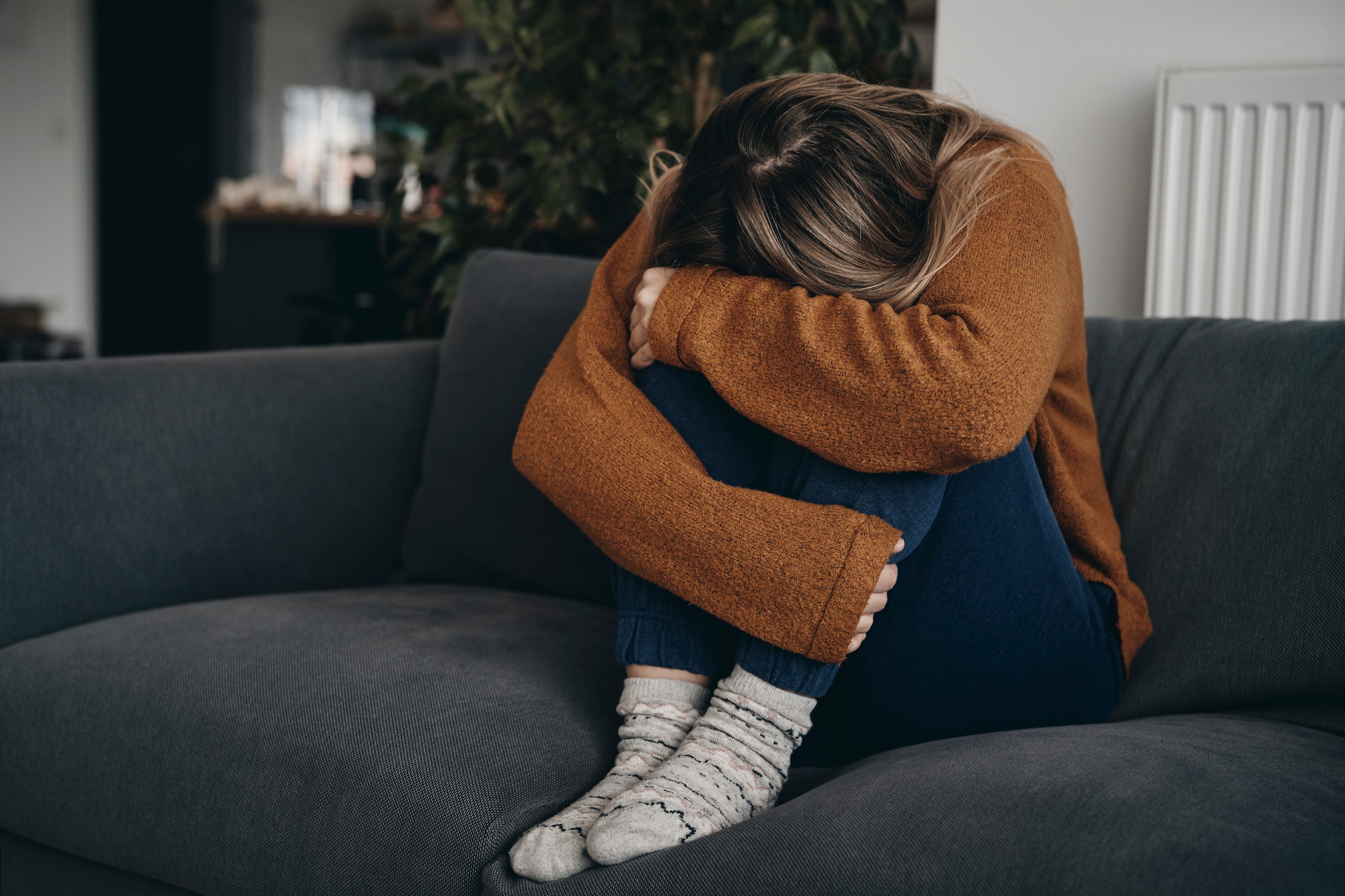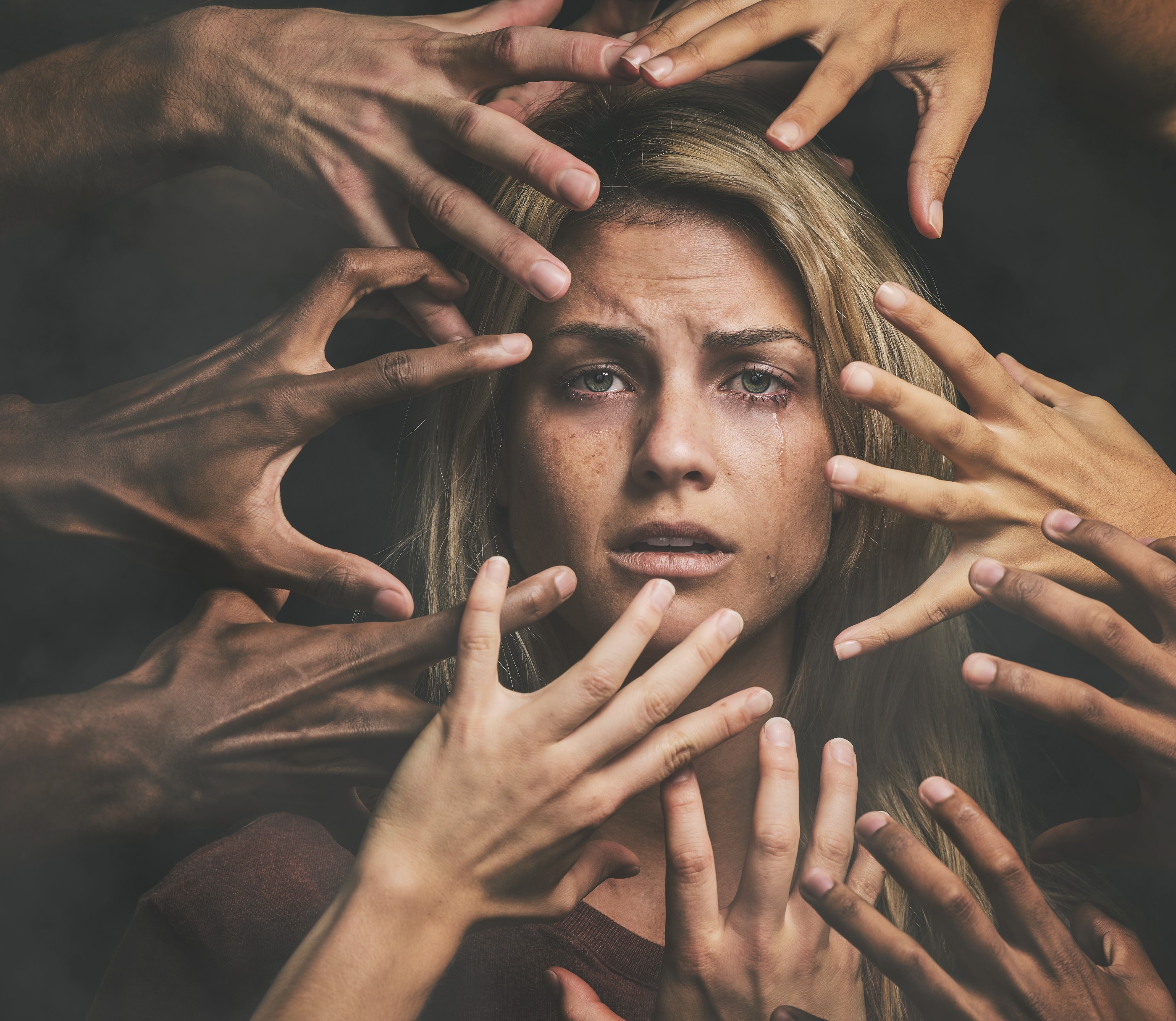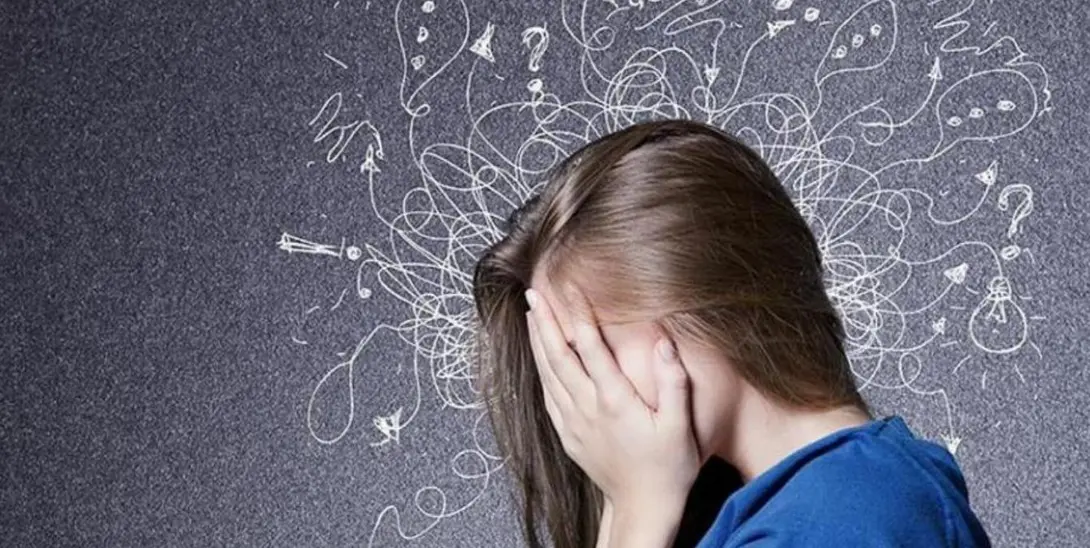Social anxiety is a challenge that affects many people in their daily lives. Feeling nervous, worried, and uncomfortable in social situations can make interactions difficult and limit opportunities to fully enjoy life. However, with the right strategies, it is possible to overcome social anxiety and develop more effective relationship skills. Today we're going to explore what social anxiety is, examine some common behavior patterns, and provide valuable tips for managing it.
According to the Anxiety and Depression Association of America, an estimated 15 million adults in the United Statessuffer from social anxiety, and those teens transitioning to high school or college They are especially susceptible to this disorder. In fact, it has been observed that the symptoms of social anxiety usually manifest for the first time around 13 years of age.
Social anxiety can affect people of all ages and can manifest itself in different ways. Some individuals may feel uncomfortable or fearful in social situations, while others may experience more intense symptoms such as heart palpitations, excessive sweating, or even panic attacks. These symptoms can be draining and limit a person's ability to fully enjoy life and develop meaningful relationships.

What is social anxiety?
Social anxiety is a condition characterized by intense fear and discomfort in social situations. People who experience social anxiety often worry excessively about being judged, humiliated, or rejected by others. This can manifest in physical symptoms such as sweating, rapid heartbeat, tremors, and slurred speech. Social anxiety can affect many aspects of life, from social gatherings and work events to the simple act of talking to someone new.
Behavior patterns of someone with social anxiety
Before exploring tips for managing social anxiety, it's helpful to understand some behavior patterns that are often present in people with this disorder:
- Avoiding social situations: People with social anxiety tend to avoid events or situations in which they fear being judged or feeling uncomfortable. They may cancel plans, withdraw from conversations, or avoid any situation that causes them anxiety.
- Constant self-criticism: People with social anxiety tend to be very critical of themselves. They judge themselves harshly, worry about making mistakes or saying the wrong thing, and tend to magnify possible perceived mistakes.
- Difficulty making eye contact: Eye contact can be challenging for those with social anxiety. They avoid looking into the eyes of others for fear of misinterpreting signals or being seen as invasive.
- Fear of rejection : Fear of rejection is a constant concern in social interactions. People with social anxiety may feel that they are not interesting, attractive, or valuable enough, which intensifies their fear of rejection and shame.

How can I manage social anxiety?
Now that we've examined some of the behavior patterns associated with social anxiety, it's time to explore practical tips for managing and overcoming it. These strategies can help you develop social skills, increase your confidence, and enjoy more rewarding interactions:
Challenge your negative and anxious thoughts
Social anxiety is often accompanied by negative and distorted thoughts that can exaggerate social situations. It is critical to identify these thought patterns and question their validity. Ask yourself if there is any real evidence to back up those thoughts or if they are simply caused by anxiety. Practice replacing them with thought most realistic and positive ones that help you face social situations with greater confidence.
Clarify your motive to improve yourself
Motivating yourself is key to dealing with social anxiety. Set clear and specific goals to overcome your fears. Visualize how you would feel and how your personal and professional relationships would improve by overcoming social anxiety. Keep in mind the long-term benefits of facing your fears, which will give you the motivation to keep going.
Don't avoid things
Avoidance only reinforces social anxiety and prevents you from overcoming it. Instead of avoiding uncomfortable situations, make a conscious effort to deal with them. Accept that it's normal to feel anxious in certain situations, but remember that only by facing it can you learn to manage and overcome it. Step by step, challenge your comfort zone and gain confidence in your ability to deal with social situations.
Do an effort
Change requires effort and practice. Set small goals that gradually challenge you. Start with less intimidating social situations and work your way up as you become more comfortable. Every small step you take to face your fears will bring you closer to overcoming social anxiety. Keep a positive attitude and persevere, remembering that each attempt is an opportunity for growth.
Practice
Constant practice is essential to improve your social skills and overcome anxiety. Ask a trusted friend for help or consider joining a support group where you can practice your communication and relationship skills. Through regular interaction with other people, you will be able to gain confidence, learn from your experiences, and hone your social skills.
Just relax
Learning relaxation techniques can help you reduce tension and anxiety in social situations. Deep breathing, meditation, and yoga are effective tools for calming down and staying calm in times of anxiety. Spend time practicing these techniques regularly to strengthen your relaxation and stress management skills.
Do not deceive yourself or justify yourself
Avoid the temptation to make excuses or justify your social anxiety. Recognize that anxiety is real, but remember that it does not define who you are. Don't underestimate yourself or judge yourself harshly for your social reactions. Accept that we all make mistakes in social interactions, and remember that every experience is an opportunity to learn and grow.
Take a deep breath
When you feel anxiety starting to take over, remember to practice deep, mindful breathing. Take a slow, deep breath in, inhaling through your nose and exhaling through your mouth. This breathing technique will help you reduce tension and focus on the present moment, allowing you to face social situations with greater calm and mental clarity.
Face your fears
Challenge your social fears by gradually exposing yourself to situations that make you anxious. Start with small steps and increase the difficulty as you feel more comfortable. Over time, you will see your fears lessen and you will feel more confident in social settings. Remember that every time you face your fears, you are strengthening your confidence and your ability to overcome social anxiety.
Practice good eye contact
Eye contact is an important part of social interactions. Practice maintaining eye contact with others while you're having a conversation. Start with friends and family in comfortable settings and then move on to interactions with less familiar people. Maintaining proper eye contact helps establish a stronger connection, convey trust, and show interest in others. Practice gradually and steadily to improve your eye contact skills.
Remember that managing social anxiety is a gradual and personal process. Every person is different and what works for one may not work for another. Be kind to yourself during this process and find the right support. Don't hesitate to consult a mental health professional if you feel that social anxiety is significantly affecting your quality of life. With patience, practice, and dedication, you can overcome social anxiety and enjoy more rewarding and enriching social interactions.


Comentarios